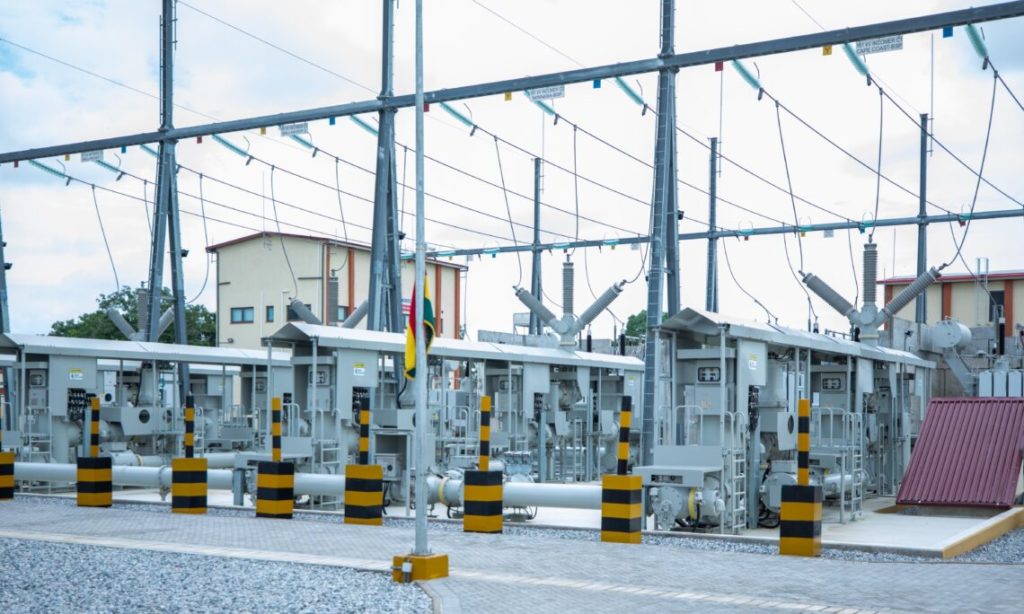The United States has concluded its nearly six-year $316 million investment in Ghana’s energy infrastructure with the opening of the Kasoa Bulk Supply Point (BSP), providing more stable power to hundreds of thousands of schools, hospitals, offices, and households.
The Kasoa Bulk Supply Point (BSP) was solemnly inaugurated today by Deputy Chief of Mission Nicole Chulick, Vice President of Ghana H.E. Dr. Mahamudu Bawumia, and other Ghana government officials.
The $50 million power substation was funded by the US government as part of the MCC-Ghana Power Compact.
“The completion of the MCC Ghana Power Compact is marked by the inauguration of the Kasoa Bulk Supply Point.” During the inauguration, Chulick stated, “This was a nearly six-year, $316 million commitment by the American people to develop Ghana’s energy infrastructure and support long-term economic prosperity.”
The MCC Ghana Power Compact spent $316 million on new power infrastructure and reforms to give Ghanaians more reliable and inexpensive electricity. It also backed initiatives aimed at increasing energy efficiency and expanding possibilities for women in the power industry.
The partnership was implemented by Ghana’s Millennium Development Authority (MiDA) in collaboration with the Ghanaian government.
The Pokuase BSP, the Kasoa BSP, the University of Ghana Medical Center Primary Substation in Legon, and the Ellen Moran Primary Substation at Kanda were all built as part of the MCC Ghana Power Compact, which successfully upgraded the country’s power sector. The 37 Military Hospital, Greater Accra Regional Hospital, University of Ghana Medical Center, Noguchi Memorial Institute for Medical Research, the National Mosque, and over 800,000 utility customers are all served directly by these new electricity substations. Compact initiatives improved the electrical system in ten Accra and Tamale marketplaces.
More than 14,000 new energy-efficient streetlights with metered management systems were installed as part of the compact, replacing old, inefficient lighting and setting a new norm for energy savings.
Finally, the compact aided in the development of a curriculum for energy efficiency education in schools.
As a result of the Compact, Ghana will develop energy auditing centers in collaboration with three major technical colleges, bolstering Ghana’s status as a West African leader in energy efficiency.
Read more on Tech Gist Africa:
Samsung plans to invest $356 billion to generate 80,000 new job opportunities
Ghana Startup Ecosystem Program to provide digital skills to 7000 youth
MTN Ghana makes a $1.6 million donation to the Girls in ICT Program in Ghana
